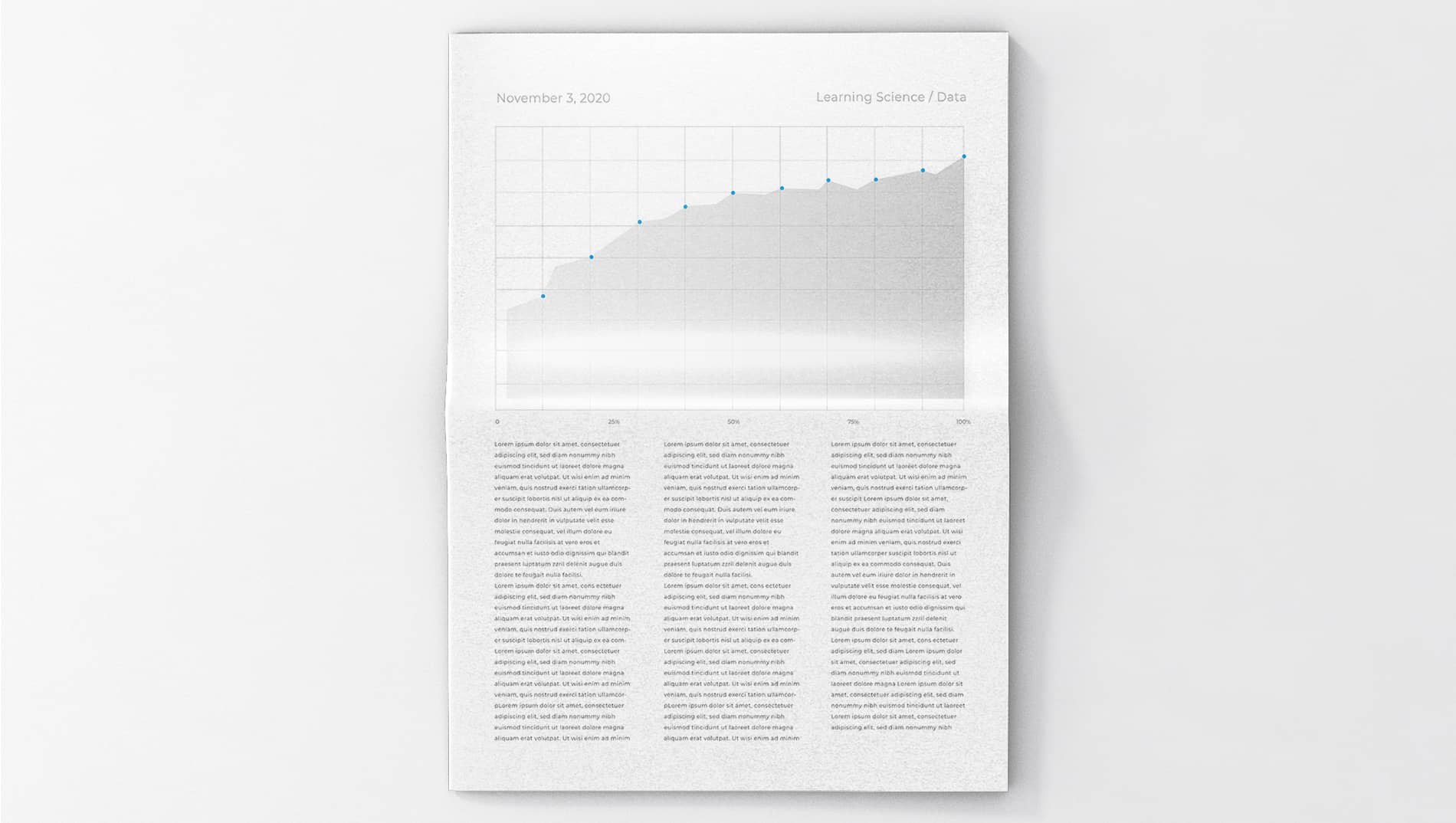The Importance Of Retaking Practice Exams [TrueLearn Data Lab]
It’s important to take a high number of questions so your knowledge is all encompassing, this includes retaking practice exams. Because in order to maximize your study effectiveness, it is important to reinforce the new knowledge again and again.
The learning curve indicates the rate of learning over time or effort. Your learning curve depends on many factors including the subject you are studying (is it easy or hard information to comprehend?), your study methods (are you actively or passively learning?), your mood, your focus level, and numerous others factors.
Regardless of your chosen study method, it can be beneficial to revisit attempted questions to increase retention. In this Data Lab experiment, we are going to see how re-taking questions changes users’ performance. Our dataset includes more than 9,000 subscribers and over 8,000 unique questions for ABS Surgery, COMLEX Level 1, Level 2 CE, and Level 3.
Retaking Practice Exams To Retain More Information
To find the effect of retaking practice questions, we divided the questions taken into three groups:
- Questions taken at least once
- Questions taken at least twice
- Questions taken three or more times
Then we computed the average score of users’ first time taken, second time taken and third time taken for each of the groups.
The results of this analysis are displayed in the table below:

Let’s take a look at the first time a question is taken. Average percent correct ranges from 50% to 64%. It may surprise you to see that for questions taken only once, the average percent correct is the highest of all groups.
It’s safe to say this high percentage is why the questions were only taken once. The user got the question right on the first try, which predisposes them to not take the question again. The average percent correct on the first try drops for questions taken two and three or more times. The inverse is true with this group because since the user had a greater probability of getting the question incorrect, they are more inclined to re-take the question in order to get it correct.
As users re-take questions, their average percent correct skyrockets. The group that had the least probability of getting a question correct the first time were the users who took a question more than three times. However, once they took the question for a third time their average percent correct jumped an astonishing 32 percentage points to 82%. This shows us the importance of repetition in the storage of knowledge.
Should I Retake Questions Even if I got Them Right the First Time?
Another way to illustrate the value of revisiting attempted questions is to see how different the performance will be after the first attempt – whether you got it right or wrong the first time.

Even if you get the first attempt correct, there is still 13.6% chance for choosing the wrong answer on the second attempt, which is most likely caused by guessing the answer correctly in the first time or narrowing the answer to the two or three best choices and guessing correctly. Interestingly, the risk is slightly lowered to 11.3% if the third attempt is made.
If your first attempt is not correct, by retaking the question there is over 60% chance for getting it right the second time and 75% chance for the third time.
Analysis
- The average score of the first attempt is 63.9%. Retaking attempted questions helps reinforce the learning in general and your performance will be improved.
- You should redo questions you got wrong the first time taken. By retaking those questions, you will increase your long-term retention and have an over 60% chance to get them right the next time.
- Furthermore, you should reattempt questions you were not 100% sure of the first time you took them, even if you got it right. Retaking the practice questions reduces the chance of getting confused the next time.
